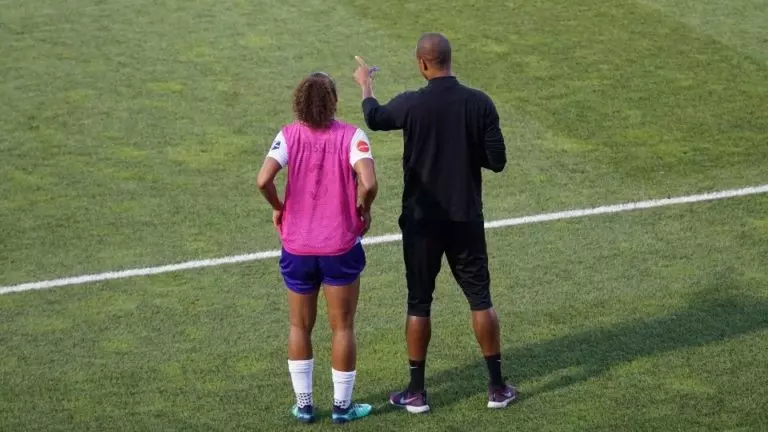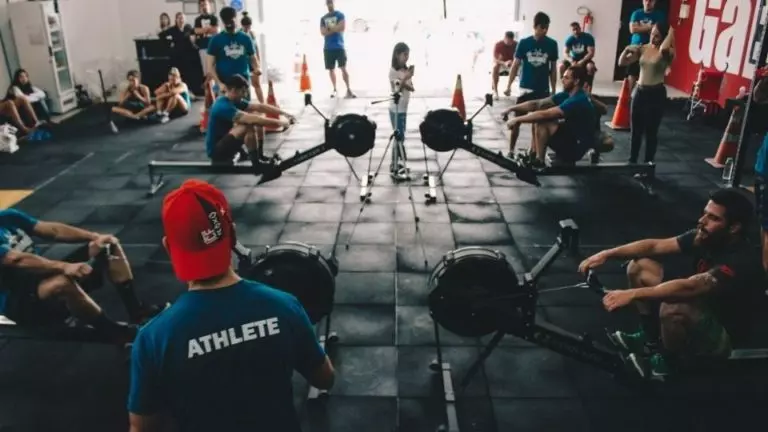It's every athlete's dream to go pro, but how likely is that to happen? For men's golf, the percentage of high school golfers that go on and compete in NCAA DI schools is around 1.6%, and even fewer than that go pro, earning their PGA Tour card. In golf, especially men's golf, however, there is a big to-do around whether or not their elite athletes should go to college and play golf in college. From my research, I have found that there are both pros and cons of golfing in college for those who want to play professionally.
The pros of going to college are that the golfer can:
- Receive an education
- Build strong social connections
- Get networking and NIL opportunities,
- Have time to figure out life in general
Additionally, John Stabler, the co-founder of Golf Psych, considers the following benefits of playing golf in college when wanting to go pro. By playing college golf, an athlete gets:
- Four or five years to grow and mature
- Social connections and experience
- Deeper knowledge in your field
- A chance to figure out what you want to do with your life
- A delay to enjoy life as an individual before you have to earn a living? Increased self-respect for completing it
- Potential friends for life
Related: Rate your Coaches, Facilities, and Campus Visits
Cons of College Golf
On the flip side, there are also seemingly many cons to going through the traditional American route of college before going pro in golf. Competition is very strong when it comes to pursuing a college golf scholarship, so the expense of paying for junior golf is high, while one is not guaranteed to earn a scholarship. According to Joe Zumpella at Golf HQ, “NCAA Division 1 men's golf programs only get 4.5 full scholarships to hand out so in many cases potential college golfers are given a half or partial scholarship depending on their level of play since teams can have anywhere from 8-12 players.”
Related: Fairfield University Men's Golf Head Coach Doug Holub Offers Recruiting Advice
Another con is that playing golf in college before going pro can slow down, or even stunt, improvement. These are Hank Haney's thoughts on the matter from Golf Digest: “With winning so important to a big-time college program's ability to recruit, the emphasis is on shooting the lowest possible scores now. I've seen a lot of players put loyalty to their schools above their own development, and they delay important swing changes until turning pro. But by then, their bad habits are ingrained, and they're under the pressure of playing for their livelihood. Because of college, they've missed a crucial window.” That's a significant con to consider!
The rest of the perceived cons include:
- Many international players are going pro younger and developing quicker/better than our traditional young golfers going the college route simply because they can dedicate more time to it (you can think of it paralleling the why behind footballers declaring for the draft early)
- The feeder program the college route is supposed to be isn't refined enough to keep up with the increasingly global stage of golf
- There is limited competition
- Formatting of tournaments in college (round 1 Monday, round 2 Tuesday) is entirely different than how it is run in the professional leagues
- Playing isn't guaranteed in your college program (only the top 5 usually travel to tournaments)
- There is generally a small number of tournaments
- A lack of support in developing a players game
- Universities push golf to utilize their staff, but none of them specialize in golf or how to train golf athletes (this can be perceived as a waste of time and resources)
- There can be a conflict between coaching and support styles of the golfers personal, and already established, support system and their new coach who already has his or her established way of doing things
- Control of one's college career can be very much out of the player's hands
- Certain situations like redshirting, grade slips, etc. could push an athlete's graduation date if they want to play to max out their time that they are eligible to play before going pro
- The dichotomy of being on a team despite golf being an individual sport
- The pull of your teammates being your competition paired with the obligation to be a big part of their support system when you both play and go to tournaments
- And also the fact that golf in it of itself is a very individual sport and you have to learn to get along with a team that you will be traveling with, exercising with, and spending a majority of your time at college with.
Related: 6 Ways to Manage Tennis & Golf Elbow
Overall, in the U.S., there is a tradition behind golfers going the college route before going pro. This can be seen with some of the greats who followed this tradition: Jack Nicklaus, Hale Irwin, Ben Crenshaw, Curtis Strange, Phil Mickelson, and Tiger Woods, to name a few. However, others are challenging this tradition, such as Akshay Bhatia, Ty Tyron, Justin Rose, and Michelle Wie. Golf has been evolving ever since it has been becoming increasingly more global in recent years. We will see if the collegiate tradition before going pro will give way to modern times.
Have an idea for a story or a question you need answered? Want to set up an interview with us? Email us at [email protected]
* Originally published on January 24, 2023, by Ashton Royal







